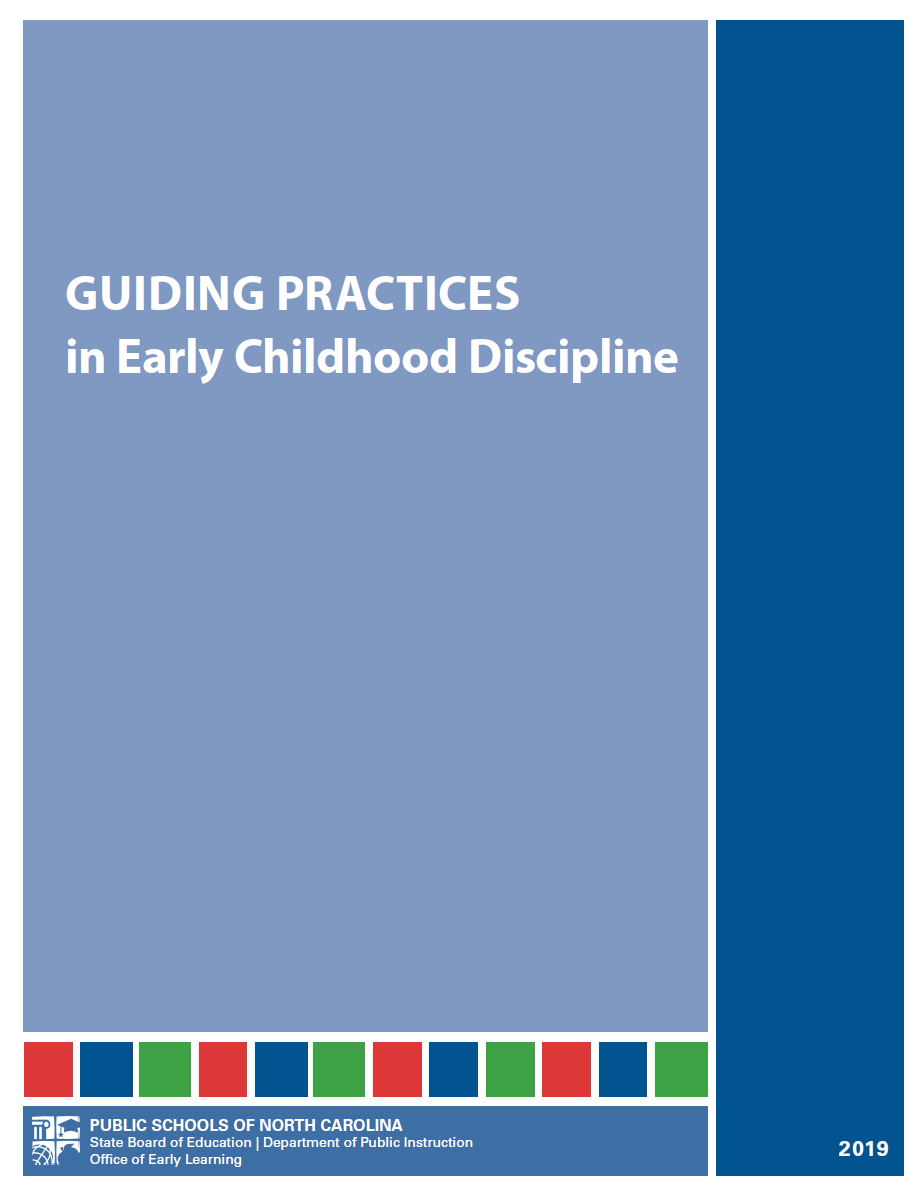Teachers and young children deserve school environments that are safe, supportive, and conducive to teaching and learning. Creating a supportive school climate—and decreasing suspensions and expulsions—requires close attention to the social, emotional, and behavioral needs of all children. The purpose of this document is to provide strategies that schools can use to manage challenging behavior in young preschool children in lieu of suspensions and expulsions. During the developmental process, young children acquire a set of skills associated with monitoring their own and others' emotions, and the ability to use emotions to guide their own thinking and actions (Salovey & Mayer, 1990). Throughout this process, young children learn to identify and deal with strong emotions, like anger, to manage their emotions. These skills are related to many important outcomes. For example, research suggests that when children can manage their emotions effectively, they are better able to pay attention, are more engaged in the learning process, have more positive relationships, and are more empathic (Raver, Garner, & Smith-Donald, 2007; Eggum et al., 2011). As behavioral regulation is increased, positive academic outcomes are realized (Rivers et al., 2012). Understanding child development and how it relates to discipline and the intentional teaching of social-emotional skills helps teachers and administrators make better decisions as they guide young preschool children toward positive behavior choices. While some children engage in problem behavior that is typical of a particular stage of development, others exhibit problem behavior beyond what might be expected. The task of early childhood educators is to understand the difference between the two, and how best to address each scenario. What is developmentally normative, and how do teachers support a child's development to the next level of growth? What is not developmentally normative and needs differentiated instruction and monitoring to ensure success? Despite the evidence that social-emotional health and development in young preschoolers provides the foundation to support other learning and growth, many teachers are not equipped to intentionally teach the skills associated with self-regulation, empathy, friendship, etc. Further, many school-based administrators do not have early childhood development backgrounds and thus, do not understand when a problem behavior may be developmentally normative. Collectively, this has resulted in preschoolers being expelled three times more than the K-12 population according to national data (Gilliam, 2005). Additionally, public school principals and teachers often do not view asking parents to pick up their child early from class due to behavioral reasons as a "suspension" since mandatory attendance at this age is not required. Nonetheless, state and federal programs do view such actions as a "suspension." The state, and local districts, will be held accountable for such actions starting in 2021-2022. Therefore, local districts will need to enroll their preschool population in the attendance data accountability system (PowerSchool), and report absences and their reasons in the immediate future. North Carolina is committed to supporting early childhood teachers, principals, and support staff so that they feel competent to manage children's normative and non-normative behavior in the classroom, thereby reducing the number of suspensions and expulsions that they will need to report in the future.
Citation
